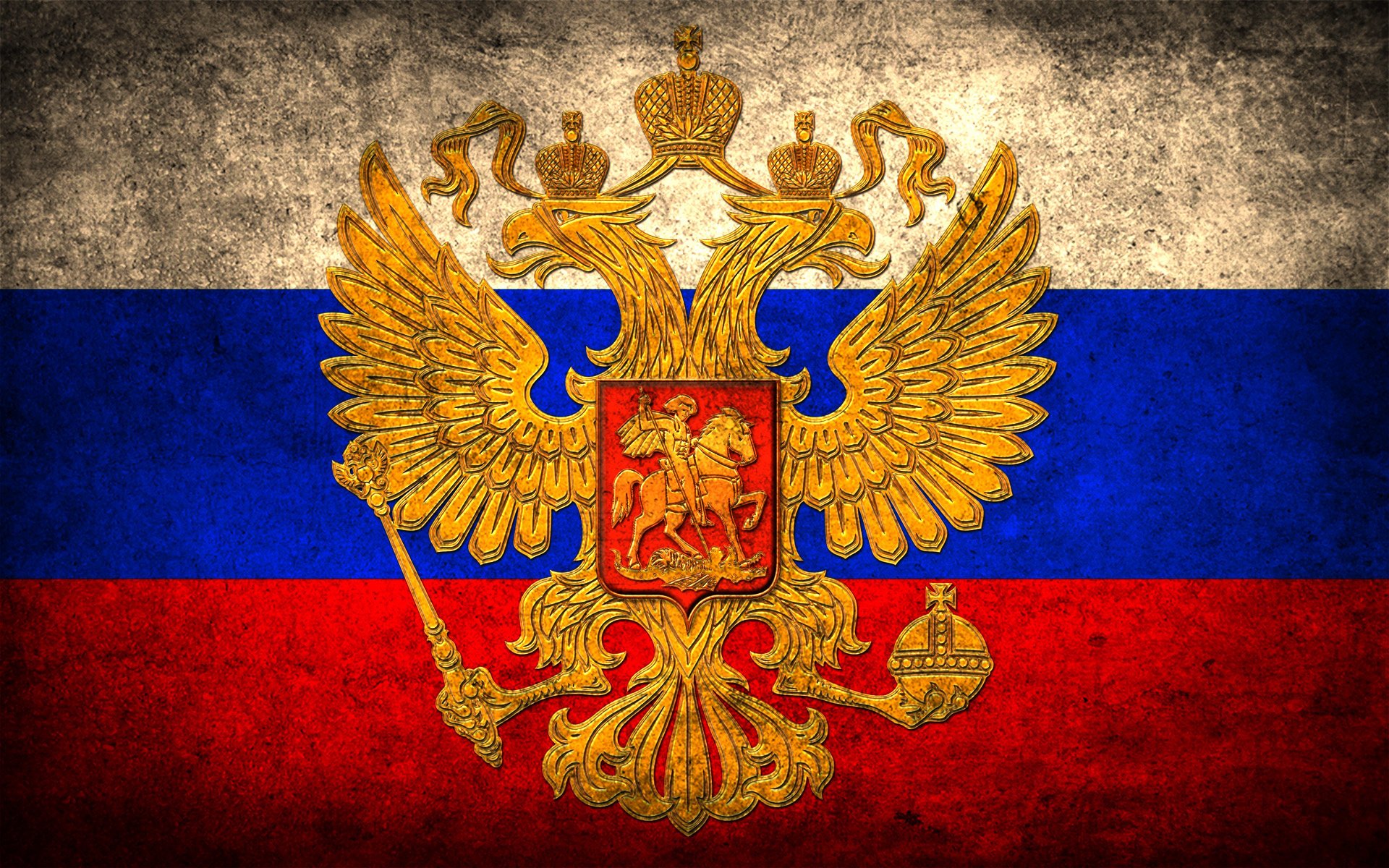Last Monday, February 1, Vladimir Putin instructed the departments to write a law on equal working conditions on the Russian Internet. It is quite possible that we are talking about a return VAT for software developers. For more information about the law and the order, see our detailed material.
Let’s start not with the simplest, with the text of the order (if anything, you can skip the names of departments).
The order itself sounds like this:
“The FAS of Russia, the Ministry of Economic Development of Russia, the Ministry of Finance of Russia, the Federal Tax Service of Russia, the Ministry of Industry and Trade of Russia, the Ministry of Communications of Russia, together with interested federal executive authorities and the ANO Institute for Internet Development [need] to submit proposals for amendments to legislation aimed at ensuring equal conditions for companies to operate in the Russian Federation using the Internet.”
“It has not yet been officially disclosed what should be understood by “equal conditions for companies to operate in the Russian Federation using the Internet,” Elizaveta Razina, a lawyer at the Vetrov and Partners law firm, commented on the text of the instruction to us.
The Vedomosti newspaper, in turn, suggested that we are talking about “the introduction of value added tax (VAT) when selling services in Russia by foreign companies like Google and Apple.”
From Elizabeth’s point of view, this version deserves attention. There are two reasons for this:
- “Firstly, on December 24, 2015, a bill was submitted to the State Duma of the Russian Federation, the authors of which are Andrei Lugovoy and Vladimir Parakhin. The bill proposes to equalize Russian and foreign IT companies in terms of paying VAT on operations for the sale of applications, music, books and other content.
- Secondly, German Klimenko, Chairman of the IRI Council and assistant to the President on Internet Issues, has repeatedly noted in his statements that this bill will equalize market conditions for domestic and foreign representatives of the Russian IT sector.”
In other words, Russian politicians have previously “prepared the ground” for the introduction of “equalization”.
Now let’s go through the law, which was prepared by Lugovoy and Parakhin.
The proposed bill had nothing to do with the “equation” of the market situation. The equation is nothing more than an excuse sucked out of a finger.
Its main task is to oblige Google and Apple to pay a percentage of digital sales in Russia. That is why it is unofficially called the “Google tax”.
This desire can be understood, especially since similar laws have already been adopted in a number of foreign countries. But the justification partly turns the proposed initiative into a big show, and the proposed measures may well have a negative impact on the development of the domestic market.
According to the deputies ‘ thoughts:
“currently, there is a situation in the Russian market in which it is more profitable for Russian consumers to purchase [digital] content from foreign companies, since its cost in this case does not include value-added tax. For the same reason, these services of Russian organizations are becoming less attractive.”
It sounds nice, but VAT is also not included in the cost of Russian digital content. Knowing this, the argument of the deputies loses its meaning. If the services of Russian organizations become less attractive, it is definitely not due to the fact that Western companies, like domestic ones, do not pay VAT.
We are not talking about the fact that large Western companies, to which the legislators have a claim, just ensure the existence of such platforms for the implementation of digital content that allow international and local products to compete on an equal footing.
Although there is one “but”. Russian companies do not pay VAT for “operations for the implementation of exclusive rights to programs for electronic computers and databases.” As for micropayments, which today are the main revenue item of the online and mobile games market, VAT should be paid here, since the tax service considers them as providing additional services.
Anyway, since foreign companies do not pay VAT on digital content, the deputies propose to cancel such a preference for everyone (including domestic companies).
The need to pay VAT will not significantly affect Apple, Google or Valve. But the Russian user will feel its introduction, since the new payments to the company will be compensated by an increase in prices.
The law will also deal a blow to those Russian gaming companies that considered the local market as the main one and earned mainly from the sale of premium products when selling through local channels (that is, it will work in the opposite way from the recited way).
Against the background of the generally unfavorable economic situation in Russia (the already existing rise in prices for digital products), the law certainly will not contribute to the development of the domestic software (in particular, gaming) market.
Of course, at this stage the law is only being considered in the State Duma, and the president only instructed to “submit proposals” on the equation, but, according to Razina, its introduction is quite realistic.
“Given the current policy of the state, which wants to replenish the budget at any cost, as well as global trends in the IT industry, there is a high probability that the “Google tax” will come true. According to the assessment, the introduction of the tax will ensure the replenishment of the treasury by 52.6 billion rubles.
It is possible that as a result of all the measures taken, the Russian IT market will become less attractive not only for foreign IT companies, but also for domestic ones.”

